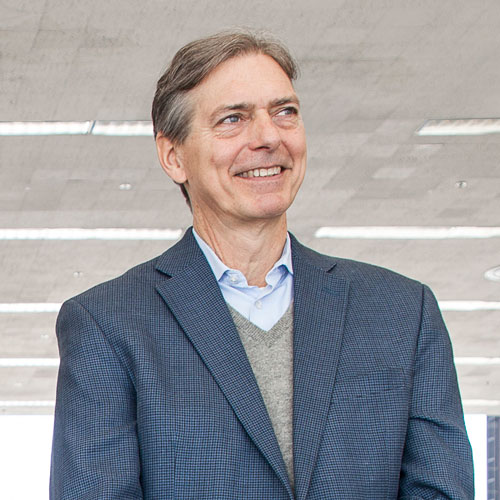“I’ve always been incredibly passionate about the world around me. When I was in grad school, I did a lot of work in Latin America and Africa on a host of social and environmental issues, from sustainable development to women’s rights.

15 years ago, I joined a public affairs consulting firm with a corporate responsibility practice. I worked on WorldCom’s bankruptcy and hated it. I had this visceral reaction to working for a company that in my mind had behaved unethically. I was pretty bold in my feedback, letting the CEO know that I just couldn’t work on that project. As it turns out, we’d just won the Nike account, and the CEO asked me how I felt about working on child labor and globalization issues. It was a great opportunity to join the corporate responsibility practice and learn from the best companies: Nike, Mars, Starbucks.
Head of corporate responsibility for Hilton is my dream job. The job was a blank slate, in a way. When I joined five years ago, the function was fragmented. We were doing amazing work around the world, but it wasn’t aggregated, and no one was thinking about how it added value to the business. We did things like create a sustainable meetings product where we gave sales folks the tools to sell a package that aggregates everything we’re doing.
Hotels are little cities in the amount of resources they use. The challenge in the industry is that there is disconnect in what customers expect and what they’re willing to pay for. And anecdotal data shows, unfortunately, that people sometimes use hotel rooms in ways they’d never use their own homes. But, our philosophy is to keep sustainability out of the hands of the consumer, doing things in the way we manage buildings that don’t require guests to make choices.
A lot of parties are involved in the development of a hotel. We provide resources to owner and developer groups, like a LEED-certification tool kit. We also try to infuse sustainability into other aspects of the design experience, as with our Home2 Suites brand, which launched in 2009. And, we do a lot of retrofitting in big-box hotels to make them more efficient, whether that involves how we look at rooftop solar or wind energy or embed composting. We’re constantly looking at opportunities to enhance the performance of our hotels to increase returns for our owners, and that often leads to a great sustainable
aspect.”
As told to Russ Klettke


